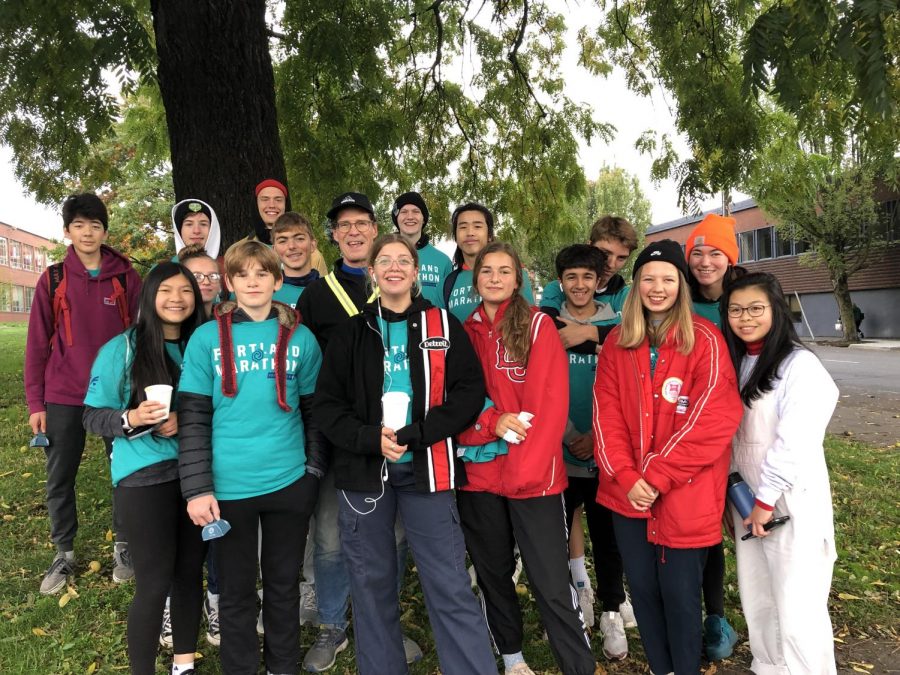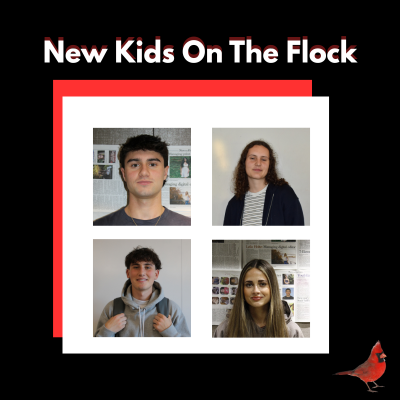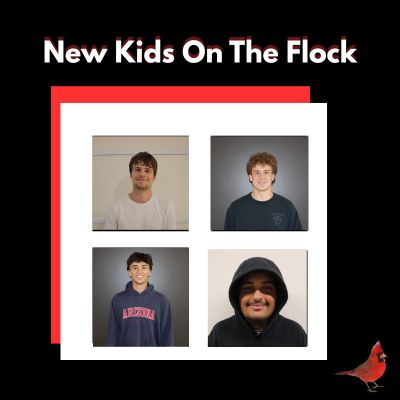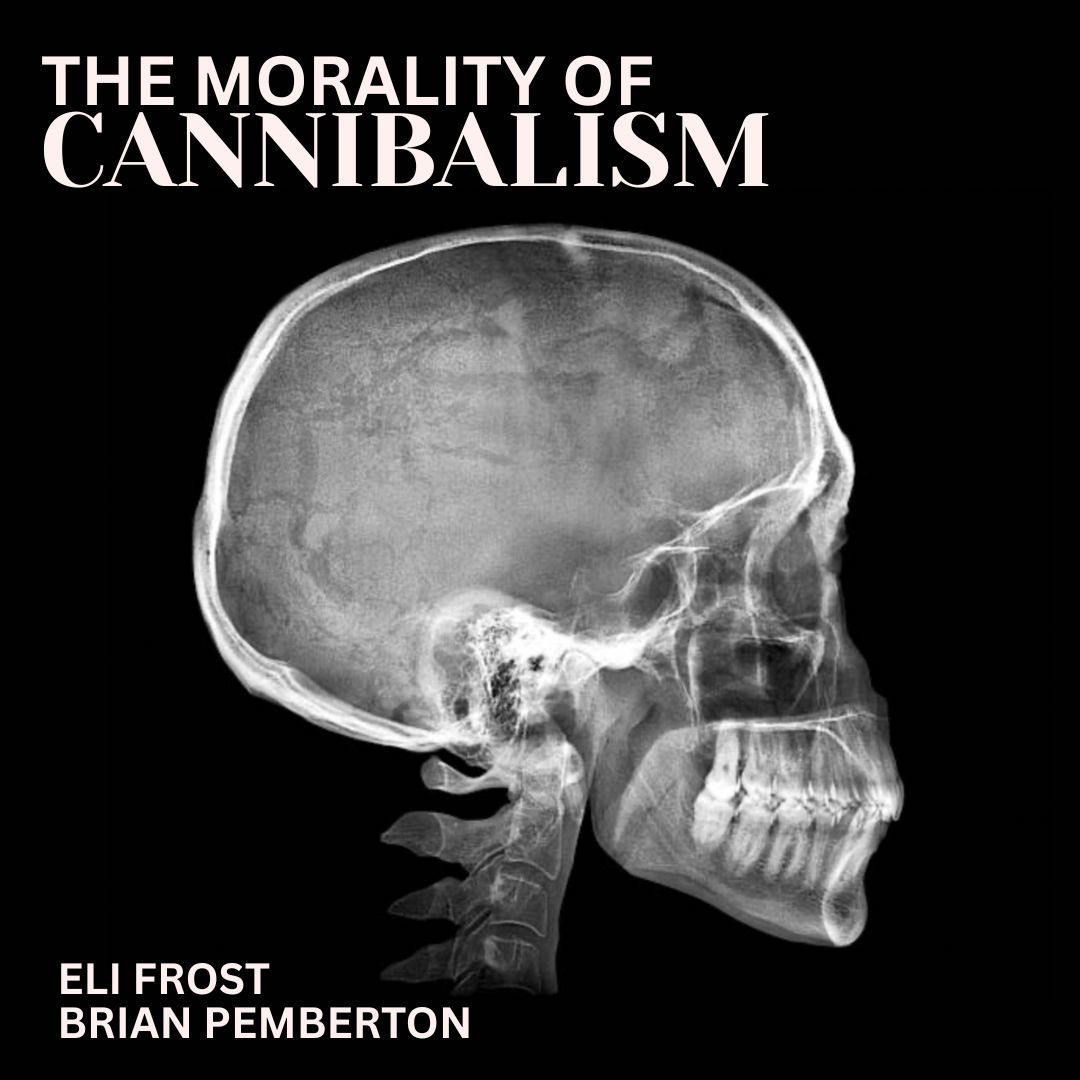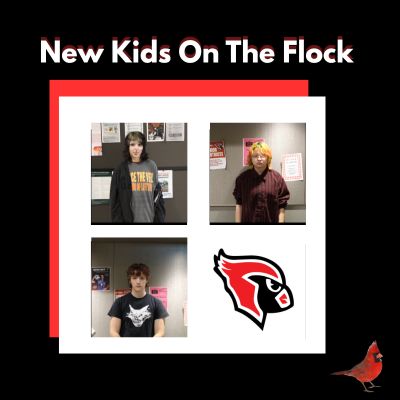The impact of COVID-19 on community service
Lincoln students help set up for the Portland Marathon. The Portland Marathon provides students a chance to gain community service hours each year.
November 29, 2021
Community service around Portland has been directly impacted by COVID-19, as heavy restrictions limit students’ options to serve.
Henry Hooper, Lincoln’s National Honor Society’s (NHS) advisor, works with student leaders to develop the community service requirement for participation in NHS each year. During the pandemic, NHS was more lenient about their minimum community service hours, as finding opportunities was difficult.
“During the pandemic, [students] very much did [struggle with finding volunteer services]. They pushed back [against our normal requirements], saying, ‘my parents aren’t letting out of the house to do the typical types of volunteerism,’” he said. “So I impressed on them that it’s a good idea to have hours, but it must be much more lenient because we’re in a situation that’s historic, and really unprecedented.”
Even though finding opportunities was challenging, students still managed to find ways of giving back to their community.
“I’m really proud of the ingenuity of the students to go and find some things that they’re interested in,” Hooper said. “When we look at the different organizations that people have been involved with, it’s a massive group with a lot of outreach.”
So far this year, NHS has helped out with organizing the Portland Marathon.
“We invited all the members of National Honor Society to be part of the marathon where we basically roped off and cordoned off different streets that were the marathon route for the half marathon and the full marathon. And [students] were able to get three hours of volunteer time,” Hooper said.
Cedar Mill Library in Northwest Portland also faced difficulties with finding and keeping volunteers during the pandemic. Jen Imai is the Volunteer Services Manager for the Cedar Mill Library and Bethany Community Libraries Association.
She reflects on the impact of COVID-19 on community service last year.
“Initially, [the library] went to nothing, which was really hard, especially for an organization like this,” she said. “And I know we do have folks who were volunteering who stop[ped] volunteering and have come back and are back volunteering with us again… But there are also folks who I think are hesitant to come back in any public setting in any– especially indoor– place.”
Lincoln Junior Eva Novy-Hildesley is the activities coordinator for Lincoln’s National Honor Society. She emphasizes finding community service opportunities that match students’ comfort level.
“I would say communicate with your family and make sure you’re all on the same page in terms of where you will be going [and] what you’ll be doing. There’s plenty of socially distanced opportunities and online ones, so everybody should be able to find something that allows everyone to stay as safe and cautious as they hope to,” Novy-Hildesley said.
Imai agrees with finding a variety of opportunities.
“There were some virtual opportunities that came up that were pretty neat. In our case, we had some podcasts like oral history podcasts. And so folks were transcribing those, which was a neat thing that they could do at home safely and still benefit the library,” she said. “That material adds another level of accessibility for folks who might want to read it, instead of listen to it.”
Because COVID-19 has impacted volunteer opportunities greatly, Imai appreciates the dedication students have shown through community service in their community.
“I think it’s great when students find a way to volunteer. It means so much to hiring managers that they see on an application that somebody has volunteered. They know that that person knows how to commit to a task, ask questions, manage a schedule, manage their time, and be reliable,” she said. “So I encourage it if you can work it in, but know that it’s a commitment. It is a commitment of time, of enthusiasm, of energy. And that’s why that fit is so important.”

